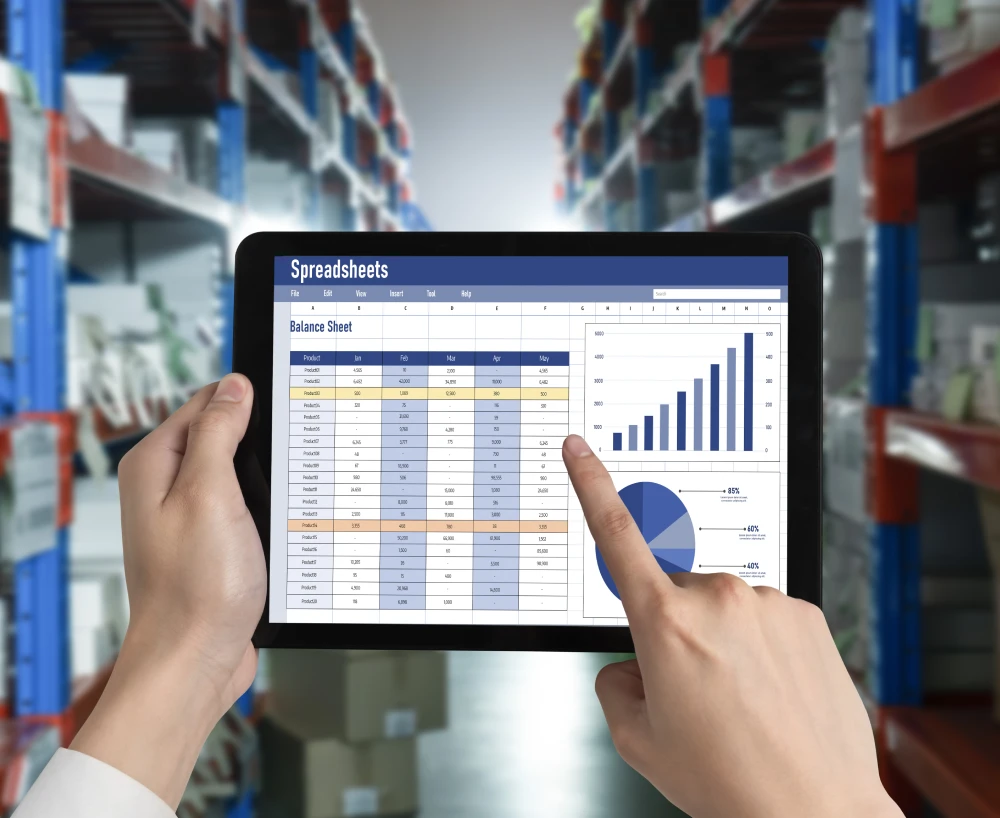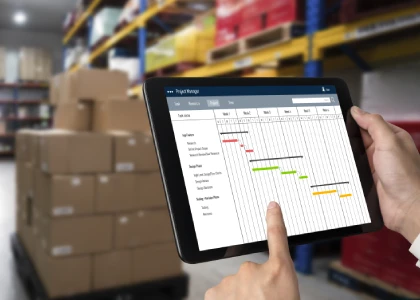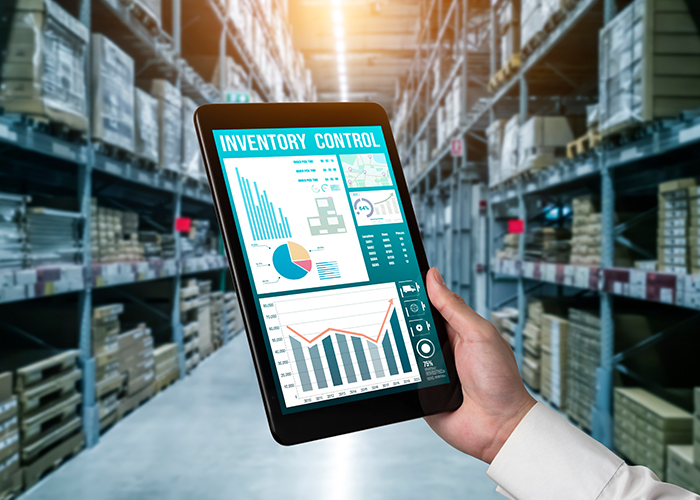Know What You Own. Control What You Count.
Accurate, efficient audits to align your stock data with on-ground reality.
The Role Of Retail Audit
In the fast-paced and competitive retail industry, efficient inventory management is essential, not just optional. Retailers need to ensure that their shelves are filled with the right products at the right moment, all while controlling costs and avoiding overstock or stock shortages. Retail audits are key in meeting these goals, with inventory management serving as a critical part of the process.

Stock Audit Format
- → Location code and name
- → Date of stock audit
- → Details of SKU
- → Count of physical stock for each SKU
- → Count of stock as per books stock for each SKU
- → Variance between physical stock and computer stock for each SKU
- → Any remarks for the variation
- → Signature of store manager
- → Signature of stock auditor
Why Inventory Auditing Matters
Detecting Inventory Shrinkage:

Inventory shrinkage, which includes theft, damage, and other unaccounted losses, can significantly impact a retailer's profitability. Retail audits help detect and address shrinkage by identifying discrepancies between physical inventory and recorded stock levels. This information can be used to implement loss prevention measures and improve security protocols.
Preventing Stock Obsolescence:

Obsolescence can occur when products become outdated or lose their appeal to customers. Retail audits can help identify items that are at risk of becoming obsolete and allow retailers to take proactive measures, such as markdowns or returns to suppliers, to minimize losses.
Inventory As A Competitive Advantage

- Retail audits help retailers fine-tune their inventory strategies, ensuring that they have the right products in stock, at the right time, and in the right quantities. This leads to improved customer satisfaction, increased sales, and a stronger market position.
- In conclusion, inventory management is a critical component of retail audits, and its importance cannot be overstated. By continuously monitoring and optimizing inventory through retail audits, retailers can reduce costs, enhance customer satisfaction, and maintain a competitive edge in a dynamic and ever-evolving retail landscape.
Data-driven Decision-making:

Retail audits generate a wealth of data related to inventory management. Retailers can use this data to make data-driven decisions regarding purchasing, pricing, and inventory allocation. This strategic approach ensures that inventory investments align with business goals and customer demand.
Enhancing Inventory Accuracy:

Accurate inventory data is essential for making informed decisions. Retail audits contribute to enhanced inventory accuracy by identifying discrepancies and enabling corrections to be made promptly. This ensures that inventory data remains reliable and up to date.

Post Audit
- → A summary report will be printed and signed by the auditor and store manager (signature is a must on all pages of the summary report)
- → Other reports will only be a PDF extract (i.e., unsigned reports)
- → Store personnel and auditor to verify that the PDF extract is accurate before the audit closure and the same is to be circulated from the store Email ID.
- → Asset Tagging: Asset identification with barcode tagging will be done for the first time, After which the inventory of assets can be done through scanning.
- → Physical inspection: Auditors should physically verify the existence and condition of fixed assets, such as checking the serial numbers, asset tags, and condition of the assets, keeping note of the quantity & condition of the same.
Brands That Trust Millennia
Trusted by 200+ businesses across industries. See All Brands →



























